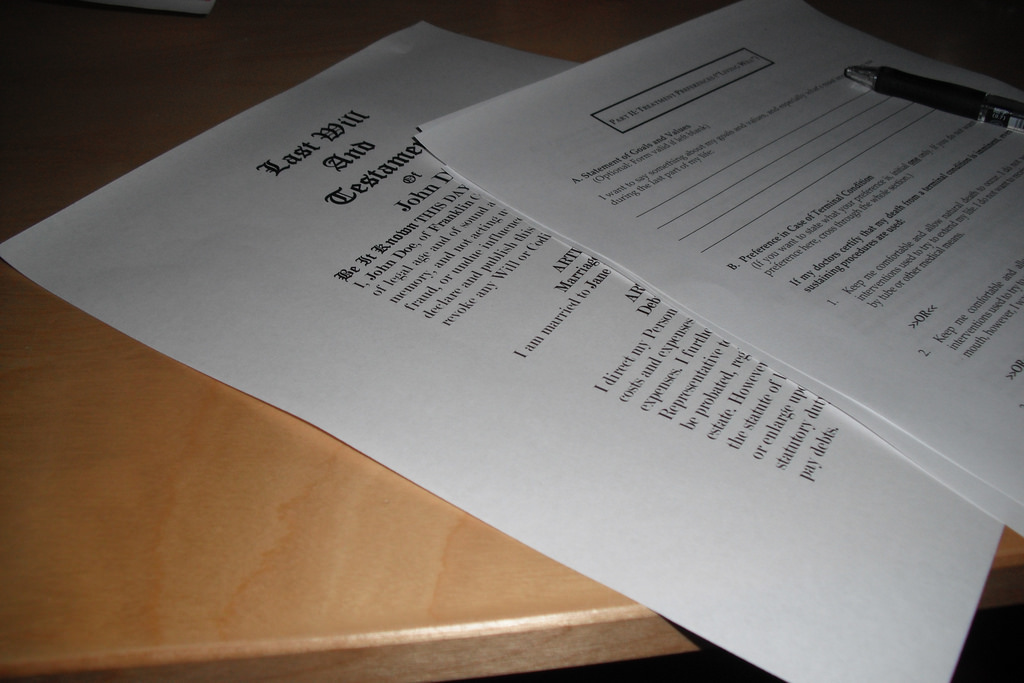A will is best known as a last will and testament, and it’s a legal term referring to the paperwork a person signs to detail how their property and assets will be distributed upon their death. Along with detailing the exact way in which money, property and assets will be given out, the will can also name an executor or administrator of the will.
If you’re wondering, “Can a will be contested?” or “How to challenge a will,” you should understand exactly what’s involved since it’s a lawsuit that tries to invalidate the deceased person’s last will and testament. It can be costly to bring a case to court when you’re initiating a will contest, and it can cause friction within the family if you’re contesting against another beneficiary.
For example, if you spent summers with your uncle in his cabin and he promised it to you, it can be a shock to find out he left it to his son. While you might want to contest the will based on your desire to have something that keeps you close to your uncle, you must decide if it’s worth the time and emotional devastation it could bring to the family.
Your Standing to Contest the Will
A will can only be contested by a person or entity with standing. Standing means that you will be personally impacted by a change in the will. The person contesting the will has to be a beneficiary or intestate heir named in a prior will. This means that a verbal agreement regarding that fictitious cabin in the example might not be standing as it’s understood within the law.
Without standing in the will, you can’t contest it. An entity must have been named in a previous will to bring contest to the court.
Filing in a Timely Manner
In your state, the time for contesting a will can vary. You’ll have to learn the time limits involved between when the person dies and when you can contest the will. The laws that apply are the ones where the person lived at the time of their death. If a time limit wasn’t placed on the filing of a contest, property and expenses couldn’t be transferred properly.
Check your state to find out how long you have to file a will contest. If you’ve waited too long, you won’t be able to file at all.
Grounds to Contest
While you might not agree with how property or money was distributed in the will, there has to be a valid reason to contest. Sufficient grounds must be present to contest. On what grounds can you contest a will is limited to these 4 circumstances.
Mental Incapacity
When the deceased person doesn’t have the mental capacity to write the will, it’s grounds for having the will disputed. Disputes over wills where the person is believed to have diminished mental capacity must have doctors to back up the claims.
Undue Influence
Often, at the end of their life, the deceased will have others influencing their lives. They rely on people to take care of them. Unfortunately, those people can have undue influence on the sick or dying person. You’d have to prove your claim when bringing the case to court.
Fraud
This can occur when your loved one was forced to sign a new will, or didn’t know what he or she was signing. Fraud might even include the person providing false information that caused the deceased to change their will.
Not Executed Properly
There are laws regarding how a will can be filed within each state. The will must be signed and witnessed by others to be valid. If there aren’t two people on the will as signatories, the will can be contested successfully.
When heading to a lawyer over disputed wills, you want to have some grounds for your claim. To answer the question “can you dispute a will?”, you have to be able to prove there’s a reason to dispute. That’s how you are able to contest a will and win your case.



